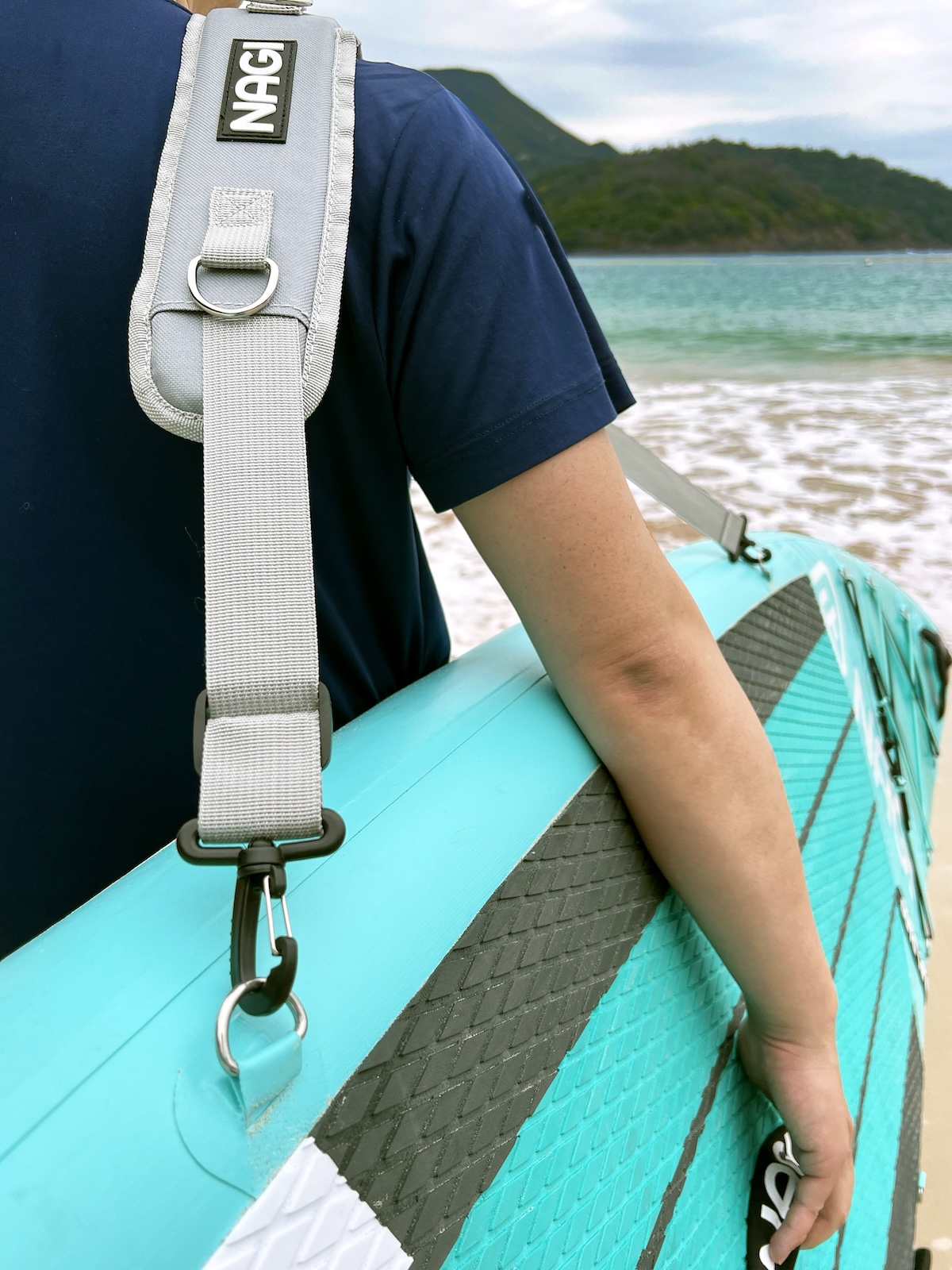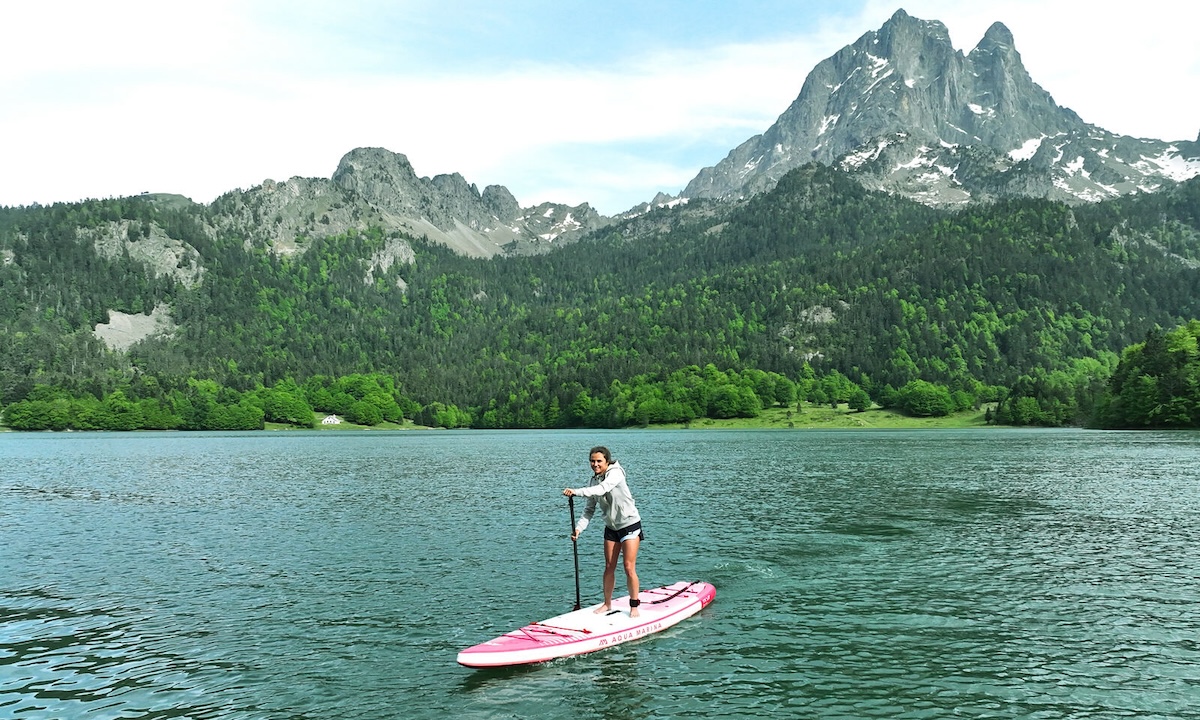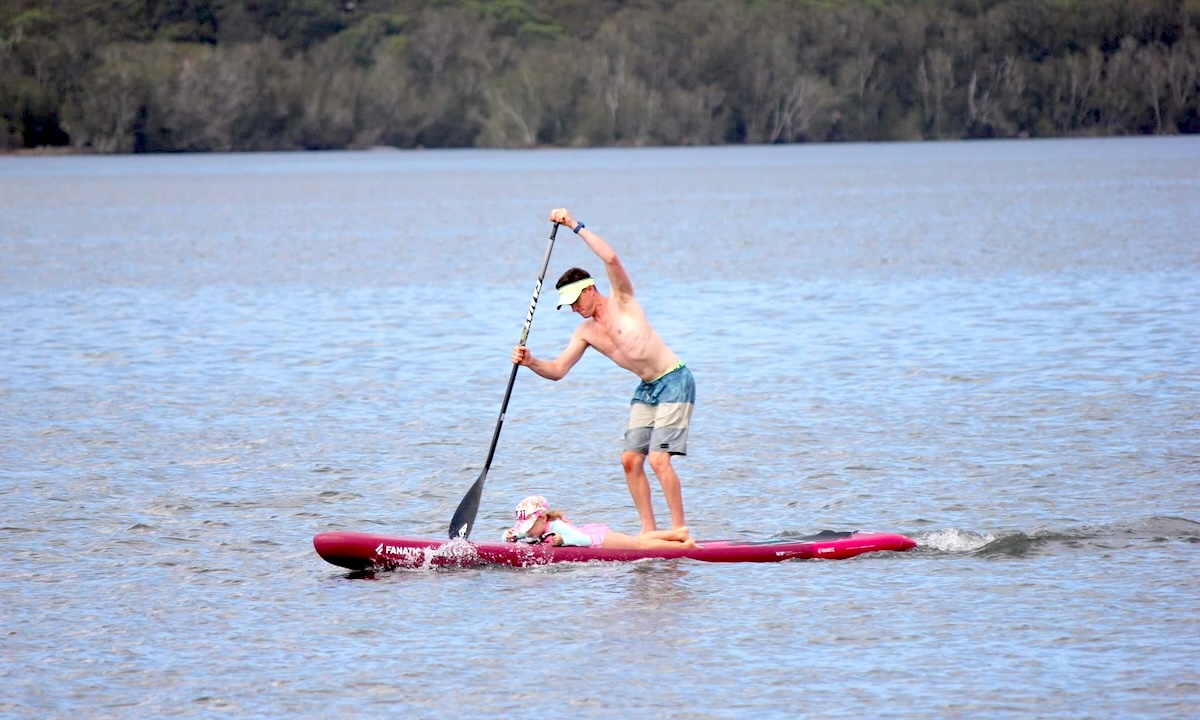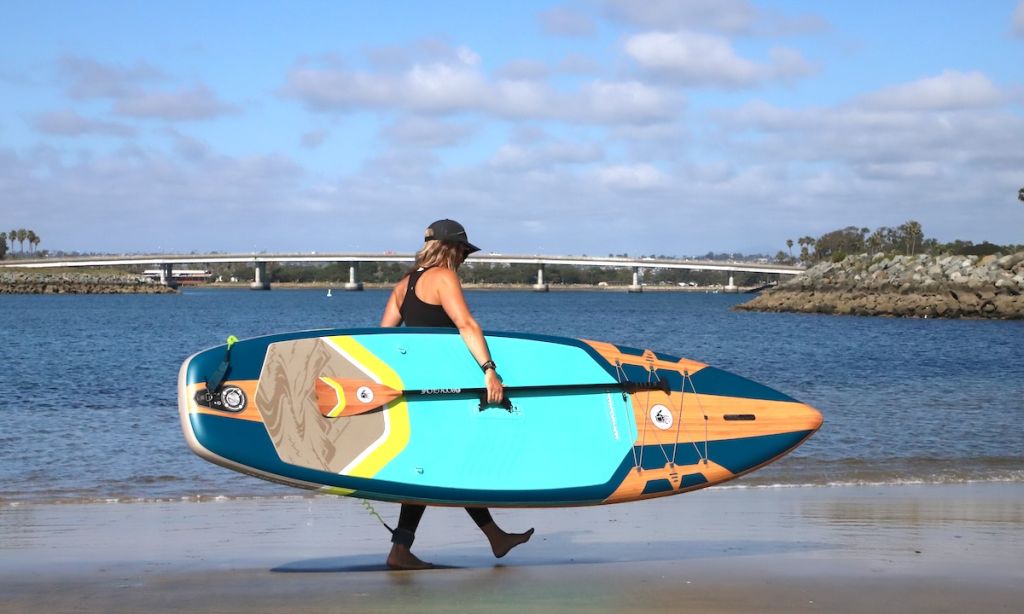How To Stay Motivated for Paddling
- Written by Joshua Chant
- Published in Opinion
- Comments::DISQUS_COMMENTS
Is your paddle motivation as high as it could be? Follow these tips from Joshua Chant to help manage your motivation and ensure it is always high.
While many readers already have high levels of love for SUP, thanks to the freedom and nature immersion that is inherent to our sport, there are times when our desire to get out on the water can be diminished.

I’ve been a sailor and sailing coach my entire life. 18 months ago, I commenced a journey to switch from sailing which I’ve competed in since I was 8 years old to SUP. Sailing was no longer suiting my desired lifestyle, and after a bit of success as an athlete and coach in sailing I was seeking new challenges. I was lucky to be able to use the below tips and knowledge to quickly build my passion for SUP and they are easy steps that anyone can take too.
The main motivational theory, Self Determination Theory, prescribes that intrinsic motivation (intrinsic motivation is the internal need to do an activity and is opposed to rewards and other external inducements) can develop when three psychological needs are being met: Competence, Connectedness and Autonomy.
Competence
 Photo courtesy: Aqua Marina
Photo courtesy: Aqua Marina
Competence refers to your perceived competence, so feelings of improvement and a general perception of being skilled all feed into meeting this need. There are many ways to meet this need such as: dedicating time to improving your technique, working with a coach, tackling a distance that might be slightly longer than your previous longest paddles or going out in conditions that might be a bit of a stretch for you.
Now this doesn’t mean paddling in conditions that are well outside your capabilities because that is going to have a negative effect. It’s about finding the right types of challenge, not too easy because that will lead to apathy nor too challenging because that will lead to a state of stress. Finding ways to regularly stretch ourselves and keeping ourselves on a path of continued improvement will help use keep the feelings of competence and belief in our abilities toped up.
Connectedness
 Photo courtesy: POP Paddleboards
Photo courtesy: POP Paddleboards
Connectedness refers to the social bonds that we have within our sport, whether it’s our training partners, paddle buddies, coaches, competitors or event organizers. All of the various relationships we have help to enrich our paddling experience and our connection to our sport, greatly driving our internal motivation for it. SUP is always more fun with a friend, right?
There are many reasons why you might find yourself paddling alone a fair bit and, in this situation, you can help your motivation remain high by joining an online community such as SupMyRace or platforms such as Paddle Logger or Strava. These are a great way to feel part of a community and continue developing your connectedness to your sport.
Autonomy
 Photo via Joshua Chant.
Photo via Joshua Chant.
Lastly, and most often overlooked in structured sporting environments, is Autonomy. Having the ability to have ownership over your sporting experience is the third key to developing intrinsic motivation. This is one major reason why SUP is such a passion inducing sport and while it exists for most recreational SUPers there are times when it can be lacking. For example, if you are following a prescribed training plan as you build towards a specific goal or competition, can leave your intrinsic motivation drained right when you need it most.
Looking more broadly across other sports there are times when the format can be quite restrictive, and this lack of autonomy can drain people’s passion. The recreational and experience ownership inherent to SUP means that, unlike many other sports, Autonomy is naturally occurring and is usually one of the main draw cards of people to SUP so when it goes missing it can be quite detrimental.
For me, I regularly do a post session reflection where I rate the excitement I felt ahead of the session and as well as the excitement and motivation I now feel for my next session. Then I rate the autonomy, connectedness and competency I experienced during my session. It takes less than a minute, but it allows me to keep track of my internal motivation for SUP and helps me identify areas that are affecting my motivation (either negatively or positively) and I can then tailor my paddles accordingly.
Everyone is different in their mix of the three psychological needs, some will weigh heavily towards Autonomy, others Connectedness for example. For everyone, though, we all need a mixture of the three needs to be fulfilled for our intrinsic motivation to remain strong. Consciously ensuring that your intrinsic motivation levels are always toped up makes sure that you will remain excited to get out on the water for years to come.
For more SUP Tips, click here.

Joshua Chant
Joshua Chant is the founder of lifelongsport.org and the author of For the Love of Sport: How to cultivate a love of sport and create players for life. Joshua regularly presents to clubs and coaches to develop their capabilities to help people develop their love of sport and retain them as participants. You can connect with Joshua via josh@lifelongsport.org or @lifelongsportorg on FB, INS and LI.
Website: https://lifelongsport.org/
